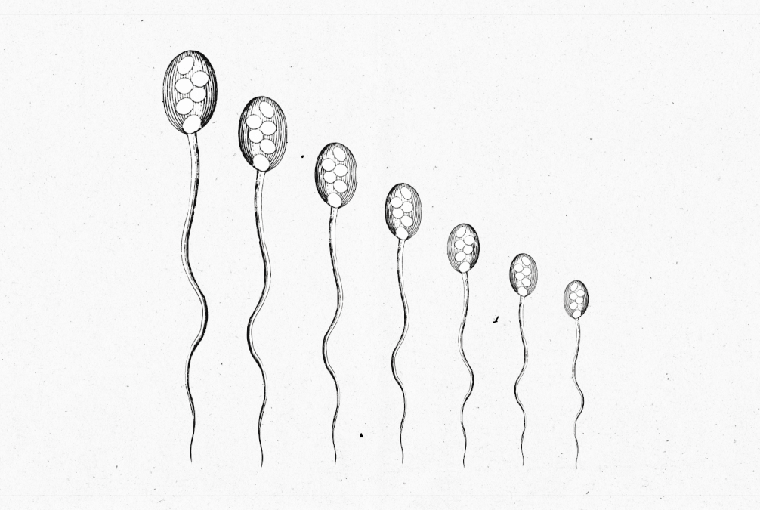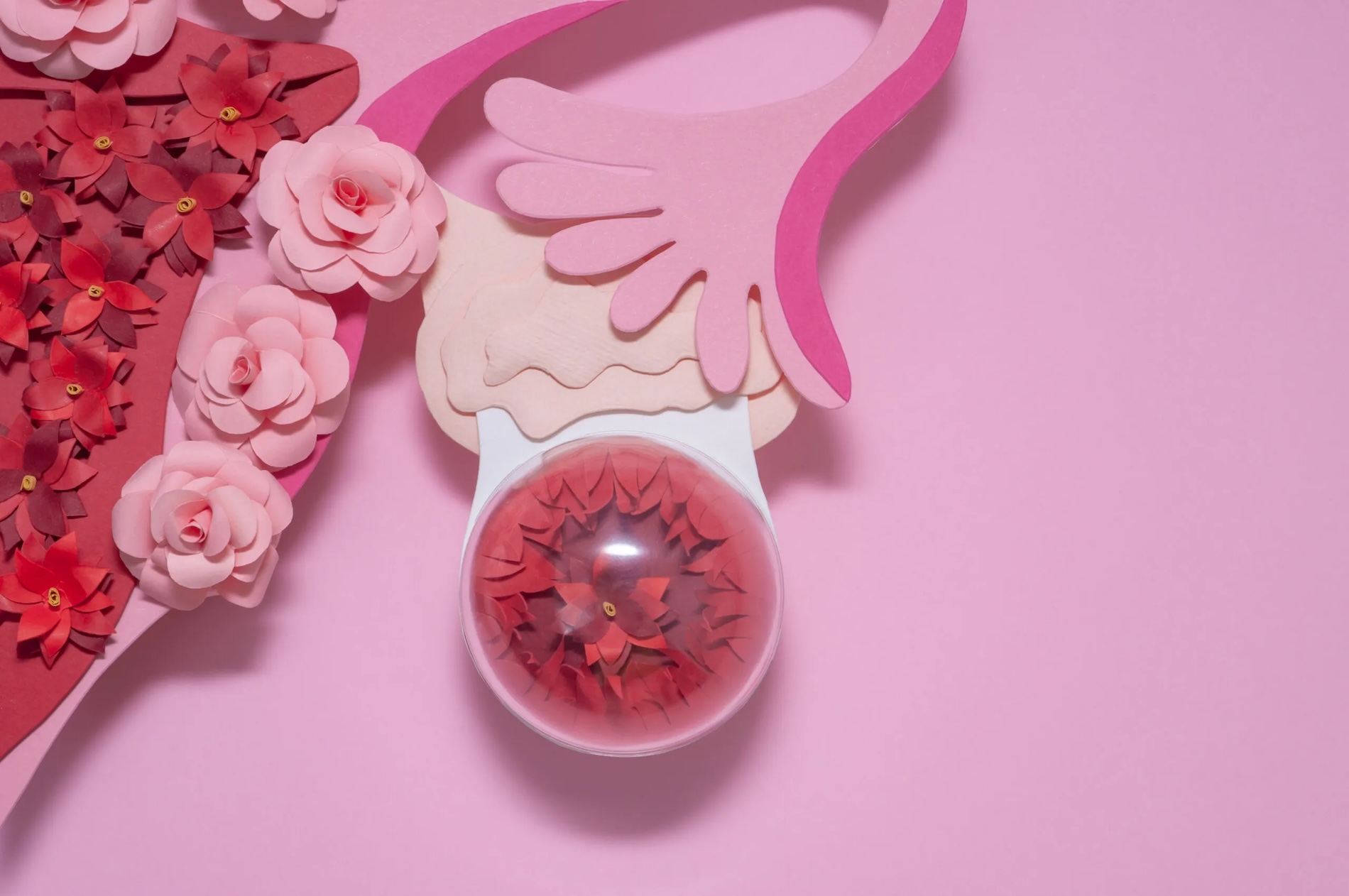If you’re trying to conceive, you may be wondering how lifestyle choices, particularly alcohol consumption, impact fertility. While some factors affecting fertility, such as medical conditions, are beyond our control, research suggests that lifestyle choices, including alcohol intake, can play a role in reproductive health.
Alcohol and Fertility
The UK Chief Medical Officers (CMOs) advise that if you are pregnant or trying to conceive, the safest approach is to avoid alcohol altogether to minimize risks to your baby 1. But what does the research say?
If you are pregnant or trying to conceive, the safest approach is to avoid alcohol altogether.
Extensive studies confirm that drinking during pregnancy can cause long-term harm to the baby, with risks increasing alongside alcohol consumption. However, the data on alcohol’s impact on fertility is more limited.
Moderate alcohol consumption—defined as up to 14 units per week—has not been shown to significantly affect fertility in women. The time it takes to conceive is generally comparable between moderate drinkers and non-drinkers. However, research suggests that heavy alcohol consumption in men (over 20 units per week) may lead to a longer time to conception2
 Source: Hassan. Fertilty and Sterility. 2004
Source: Hassan. Fertilty and Sterility. 2004
Alcohol and IVF
The largest study on alcohol’s effects on IVF examined over 4,700 IVF cycles in more than 2,500 couples. The findings indicate that for both men and women undergoing IVF, consuming four or more alcoholic drinks per week is linked to a higher risk of failed fertilisation and a 21% reduction in the likelihood of having a baby3
Maintaining a positive mindset during IVF treatment can be beneficial. Many patients want to feel they have done everything possible to improve their chances of success. However, alcohol should not be viewed in isolation. Other lifestyle factors, such as smoking, caffeine intake, diet, and exercise, also play a role in overall well-being and reproductive health.
While making small lifestyle changes may not drastically impact IVF success rates, drinking in moderation does not appear to significantly impair fertility or treatment outcomes. Occasional consumption should not be a source of stress for you or your partner.
Understanding Alcohol Units
To help manage alcohol intake, it’s important to understand how many units are in different drinks. For example, a 750ml bottle of wine (ABV 13.5%) contains approximately 10 units.
| Type of drink | Number of alcohol units |
|---|---|
| Single small shot of spirits * (25ml, ABV 40%) | 1 unit |
| Alcopop (275ml, ABV 5.5%) | 1.5 units |
| Small glass of red/white/rosé wine (125ml, ABV 12%) | 1.5 units |
| Bottle of lager/beer/cider (330ml, ABV 5%) | 1.7 units |
| Can of lager/beer/cider (440ml, ABV 5.5%) | 2 units |
| Pint of lower-strength lager/beer/cider (ABV 3.6%) | 2 units |
| Standard glass of red/white/rosé wine (175ml, ABV 12%) | 2.1 units |
| Pint of higher-strength lager/beer/cider (ABV 5.2%) | 3 units |
| Large glass of red/white/rosé wine (250ml, ABV 12%) | 3 units |
Use this guide below to check the number of alcohol units in common beverages 4
While moderate alcohol consumption may not have a significant impact on female fertility, heavy drinking in men has been linked to decreased sperm quality and longer conception times.”
- Dr. Jane Stewart, Chair of the British Fertility Society
Conclusion
If you are trying to conceive or undergoing IVF, reducing or eliminating alcohol can be a proactive step to support fertility. While occasional drinking does not appear to significantly affect fertility or IVF outcomes, heavy alcohol consumption—especially in men—can delay conception. If in doubt, consult with a healthcare professional to tailor advice to your individual circumstances.



